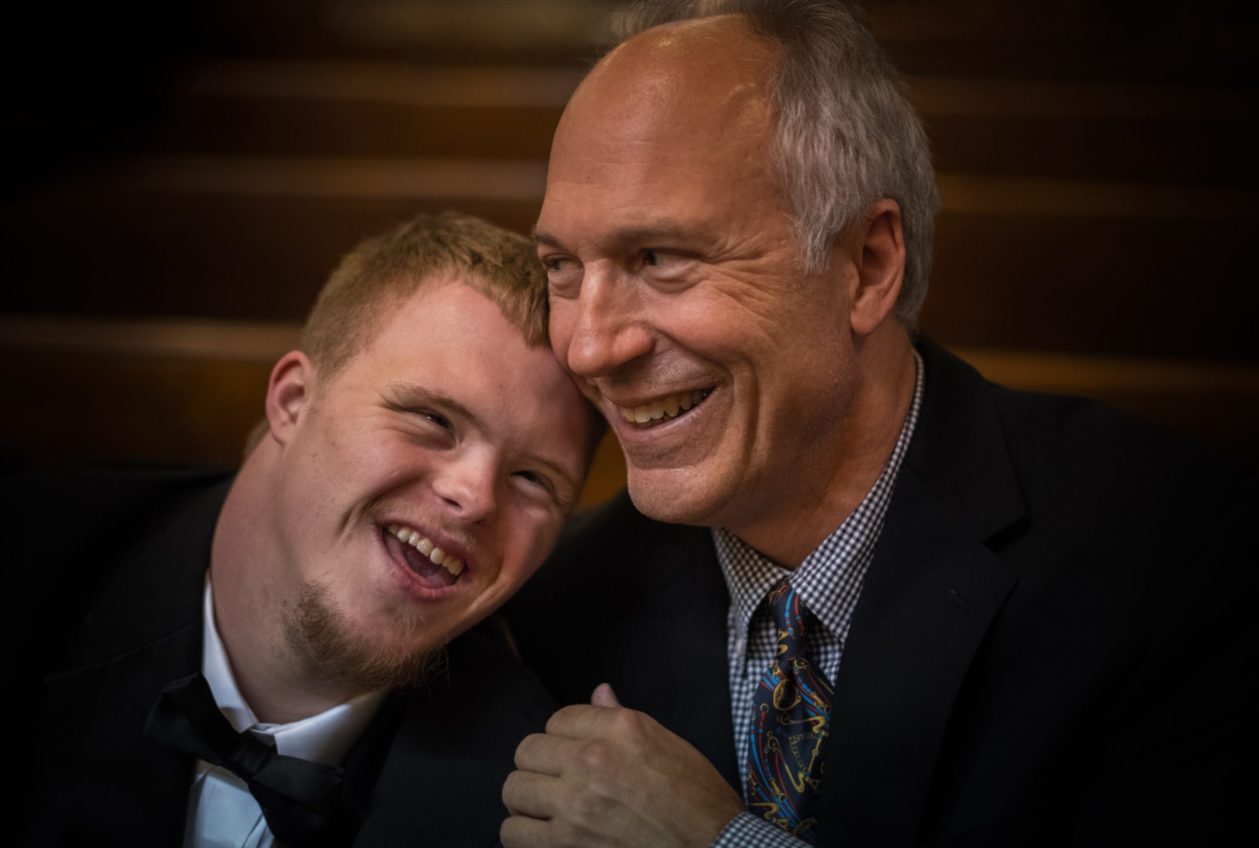Individuals with intellectual disabilities are up against a lot right now. Apart from being more susceptible to COVID-19, some services that aid those with intellectual disabilities, such as speech or behavioral therapy, have either been suspended altogether or moved online, which can become especially challenging for some to access.
And this is a major issue. Nearly a third of all families in the United States have an immediate member with special needs—and that number only grows when you start to include extended family.
Last week, Amanda Lukof, senior vice president of Hope Trust, Kayla McKeon, manager of grassroots advocacy for the National Down Syndrome Society (NDSS), Jim McCann, founder of 1-800-FLOWERS, and Kathleen Entwistle, private wealth advisor at Morgan Stanley Private Wealth Management, joined Worth for an intimate discussion on how the pandemic has affected differently abled people, how organizations are working to meet these challenges and how this could lead to positive change for those with intellectual disabilities.

“There are certainly some challenges to it,” McCann explained, noting that his middle brother was born with developmental disabilities. “But I think it’s also got some real benefits to it…in terms of the unification, the tight knit families that result from that.”
Lukof, whose brother has autism, spent six years at a big law firm working in securities litigation before changing career paths to work for Hope Trust, a technology company serving families affected by special needs.
“I said to my husband last summer, after years at a bigger law firm, ‘I really need to get back into the special needs world. That’s where my heart is, and I really need to get back there,’” Lukof said. “With my brother, I know that the first thing my mom thinks of when she wakes up and the last thing she thinks about when she goes to sleep is Liam. Who’s going to take care of him when she’s not here? How are they going to know how to take care of him? How are we going to go about planning for trust and financial needs for the rest of his life? And where do we even go about starting? Hope Trust tries to streamline and simplify these questions for families through our technology-based platform, and we automate a dynamic life care planning system, where parents can put all of the information that they take for granted in their heads.”
As the first registered lobbyist with Down syndrome, Kayla McKeon is, first and foremost, a self-advocate. “When you talk to a policy maker, it’s hard for them to say ‘no’ to a self-advocate,” McKeon explained. “As an advocate, I helped pass the original ABLE Act, but as a lobbyist I helped pass the ABLE to Work Act, as well as the ABLE Financial Planning Act.”

Entwistle, who has a disabled sister, spoke about what we need to do to help protect people with special needs. “I’ve had clients who have special needs, and they have trustees and people have tried to take advantage of them too, which is really discouraging,” she said. “So, we have to really be on the lookout to take an extra level of standard of care to make sure that the people that we’re trying to help support are also being protected.”
Watch the conversation between Lukof, McKeon, McCann and Entwistle below for a deeper look at what the future holds for those with intellectual disabilities.







